DALLAS – The International Airlines Group (IAG) has once again abandoned its intentions to acquire Air Europa (UX), blaming the existing regulatory environment, which does not support operations that benefit shareholders.
The decision was communicated to the National Securities Market Commission (CNMV) on Thursday. The airline group will be required to pay the UX's owners a €50 million break fee, also known as a breakup fee or failure costs agreement, which is a provision in a contract that requires one party to pay another if an agreement is terminated or a transaction fails.
IAG, which comprises Iberia (IB), British Airways (BA), Vueling (VY), Aer Lingus (EI), and LEVEL (LV), proposed giving up 52% of UX's routes in 2023 to get approval from EU competition authorities. However, these agencies continued to protest to the takeover, with today's IAG unsurprising decision putting the final nail in the coffin.
As Mateusz Maszczynski from paddleyourownkanoo.com states, the takeover of UX was part of the group's plan "to transform Madrid Barajas Airport into a major European hub that could effectively compete with London Heathrow, Amsterdam Schiphol, and Frankfurt Am Main."
The idea of the sale of UX to IAG first appeared in 2019, when it struck the news as one of the largest mergers in the financial history of Spain and Europe. The merger was going to be made through IB, a founding member of IAG since the group's inception in January 2011.
However, the extraordinary complexity of the entire process, the arrival of the COVID-19 pandemic, and worldwide travel restrictions forced the two companies to pause the transaction. At the time, many thought the merger would not happen—not IAG.

Timeline of the IAG-Air Europa Deal
On February 23, 2023, IAG and UX announced that the agreement was not only alive but officially confirmed, and the complete purchase would be made within 18 months. The brands of IB and UX were to remain untouched and independent.
In March 2023, IAG raised alarms on the international business market, as its financial health was seen to be compromised after the official purchase of UX, the second largest Spanish airline.
According to the Iberian finance publication Finanzas, the debt IAG would have had to face after completion of the merger would have risen to up to €2.800 million (US$2.950 million). This amount includes leasing charges and other financial factors that the Hidalgo family, the previous owner of UX, has been dragging throughout the years before this transaction.
At the time, the likes of Barclays and JP Morgan were already seeing the red flags, stating, "We do not share the IAG management's view that this would be a constructive move; we think that it should let the financially troubled Air Europa sink or fail." However, when IAG notified the European Commission in December 2023 that it would be purchasing the remaining 80% of UX for €400 million, the acquisition procedure went into third gear.
Four months later, the Commission would express its concerns, stating that the merger would be conducive to a spike in fares, a decline in service quality, and possible threats to competition. Last May, IB made the offer to transfer a portion of its and UX's flights to other carriers, including Volotea (V7), Avianca (AV), Binter (NT), Iberojet (E9), Ryanair (FR), and World to Fly (2W), to allay these worries to no avail.
Based on a good standing with the European Commission, which had until July 29 to reach a final decision, IB made additional concessions by June in an effort to rescue the UX deal. Despite these initiatives, the Spanish flag carrier came to the conclusion that it would not be in the best interests of shareholders to move forward with the acquisition under the existing regulatory framework.
Needless to say, due to the IAG's possible monopoly position on certain national Spanish routes, including Madrid (MAD) to Gran Canaria (LPA) or Tenerife (TFN/TFS), the acquisition of UX drew heavy criticism, which added to IB's negative appraisal of the feasibility of the merger.
If the merger had gone through, and with FR as the only rival airline, IAG would have operated about 90% of the daily flights on the aforementioned routes between the two regions, with an average of no more than five flights each day.
Stay tuned for a thorough analysis by Adrian Nowakowski of Airways that will examine the impact and long-term ramifications of today's decision. IAG rescheduled the release of its 2024 results to today in order to brief investors.

.jpg)
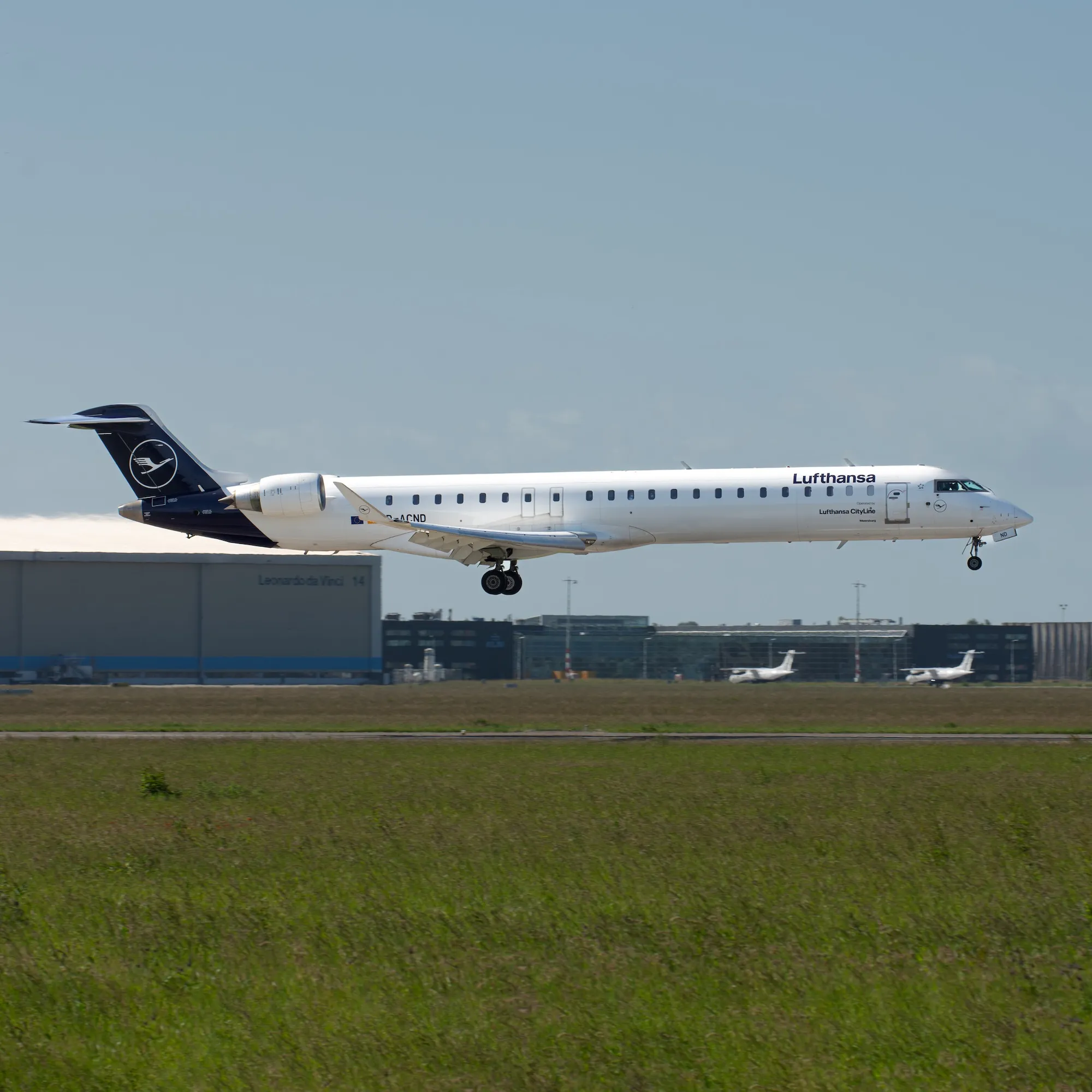
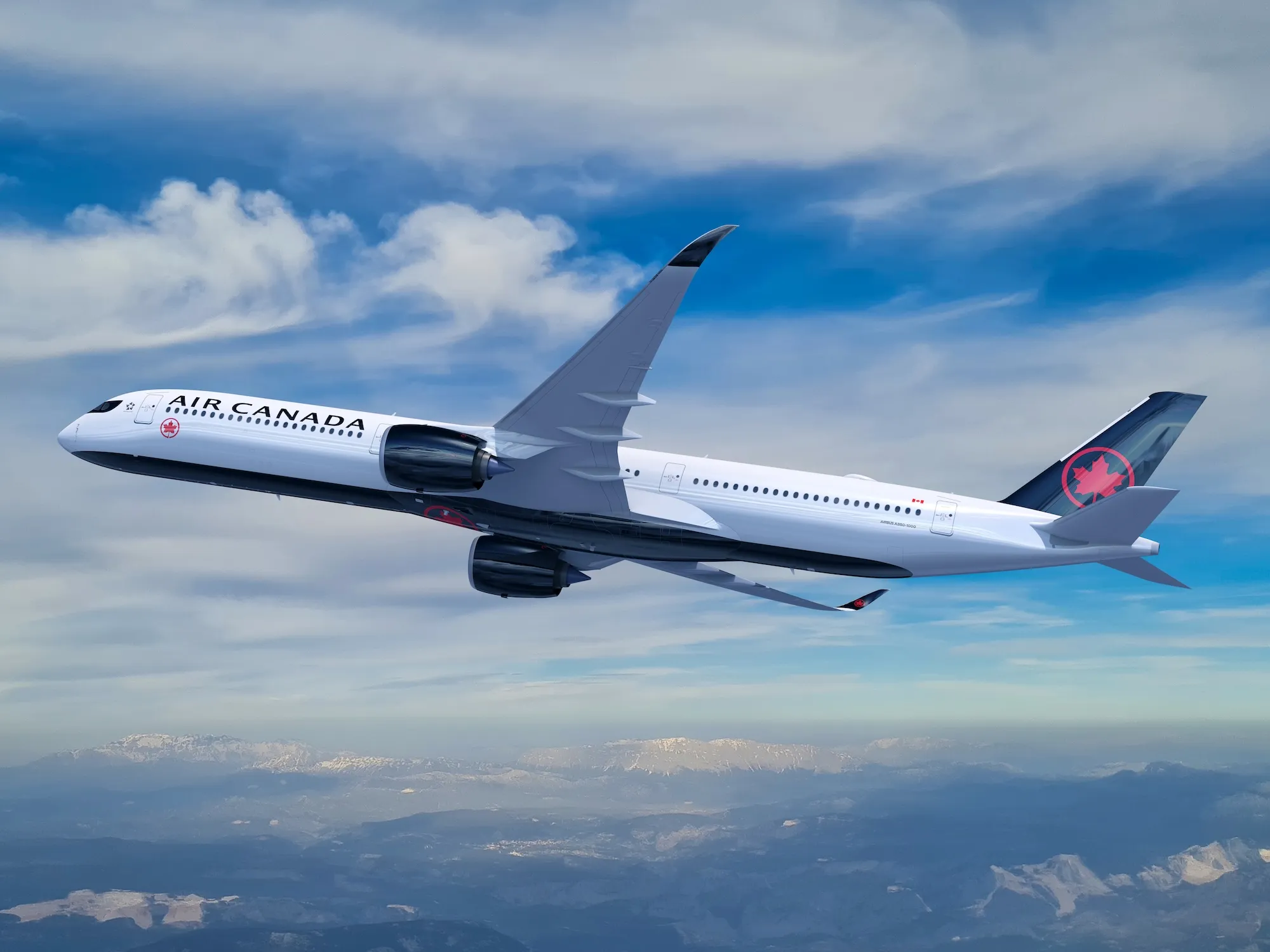
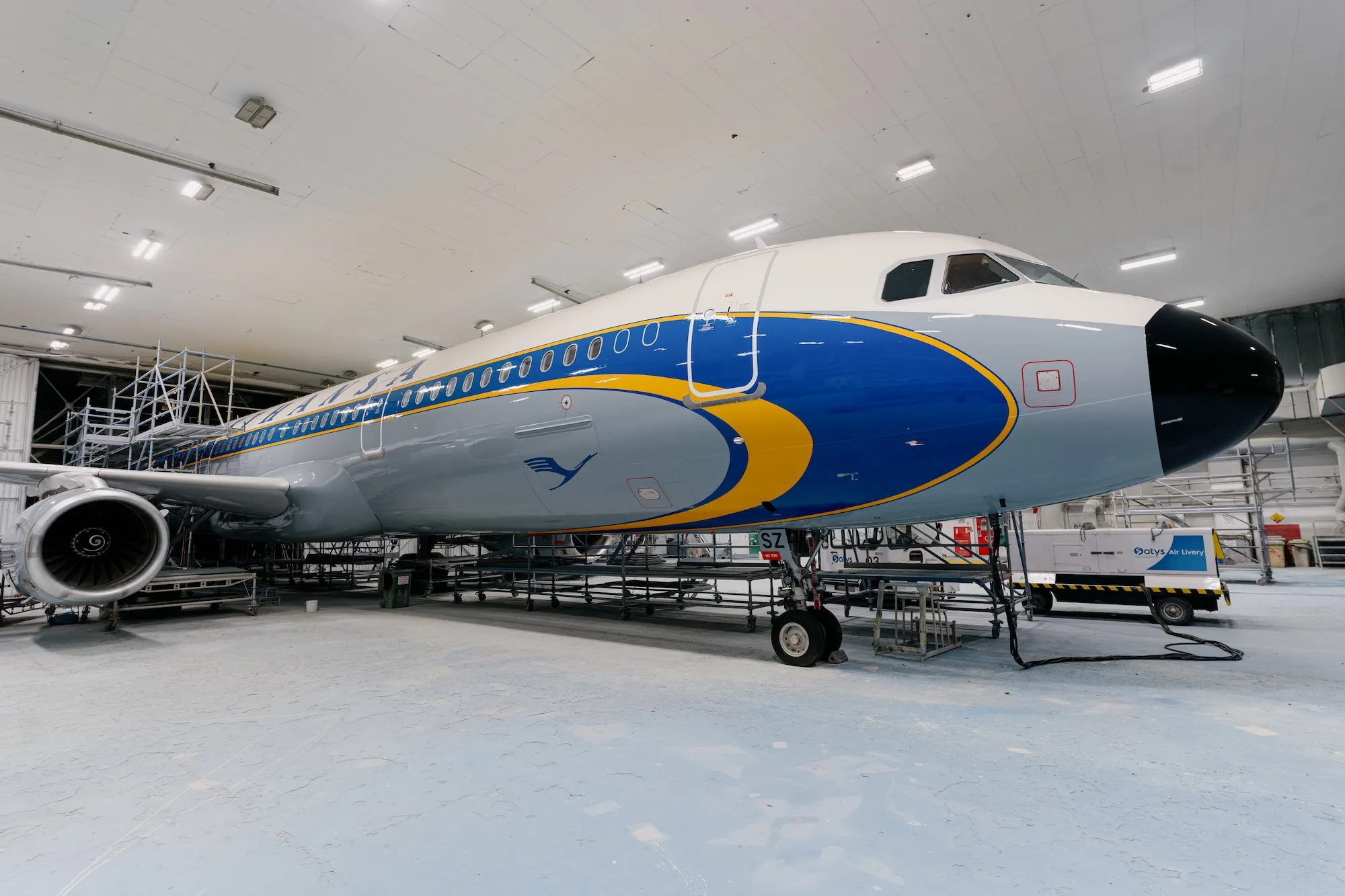
.webp)
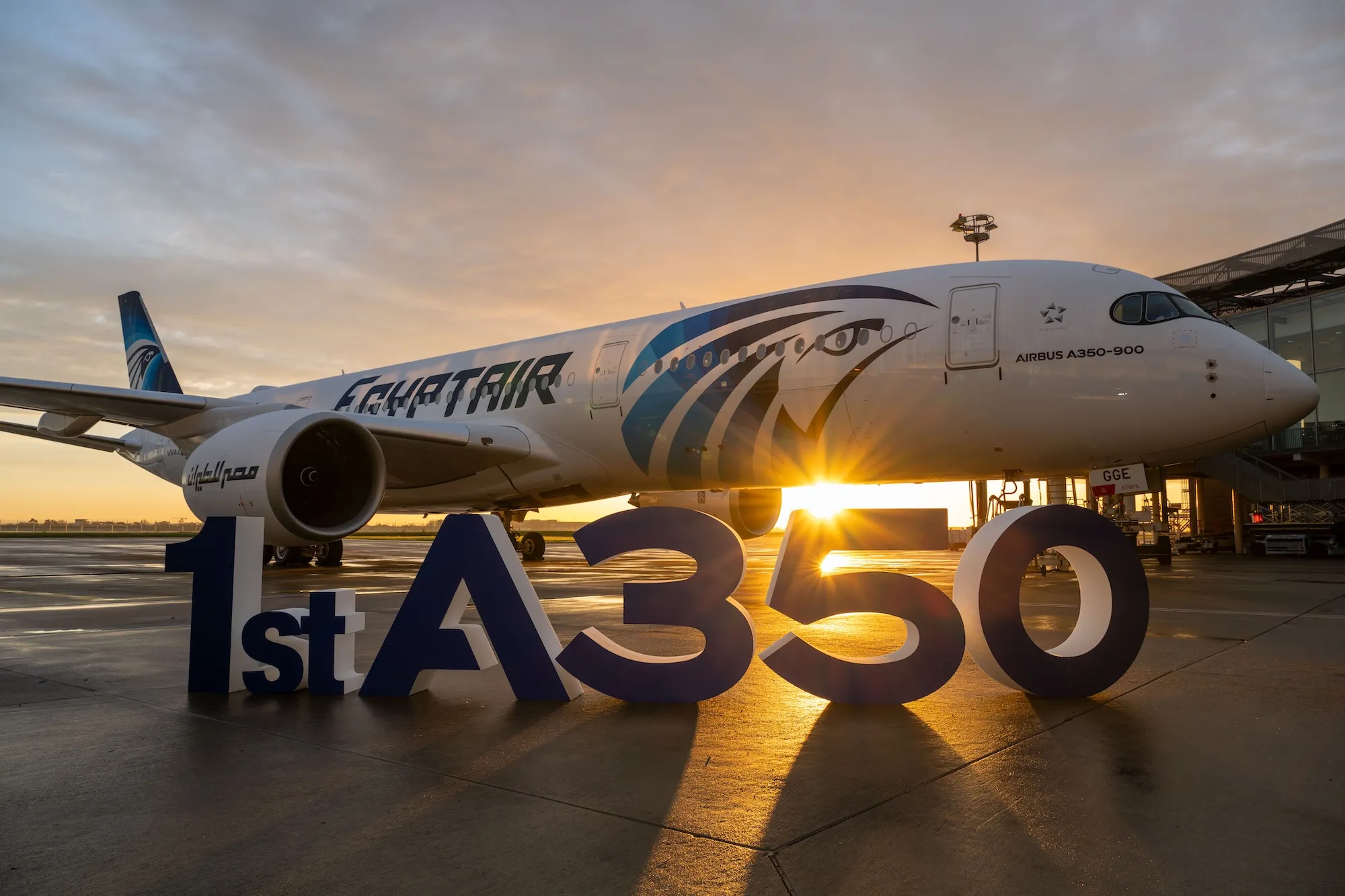


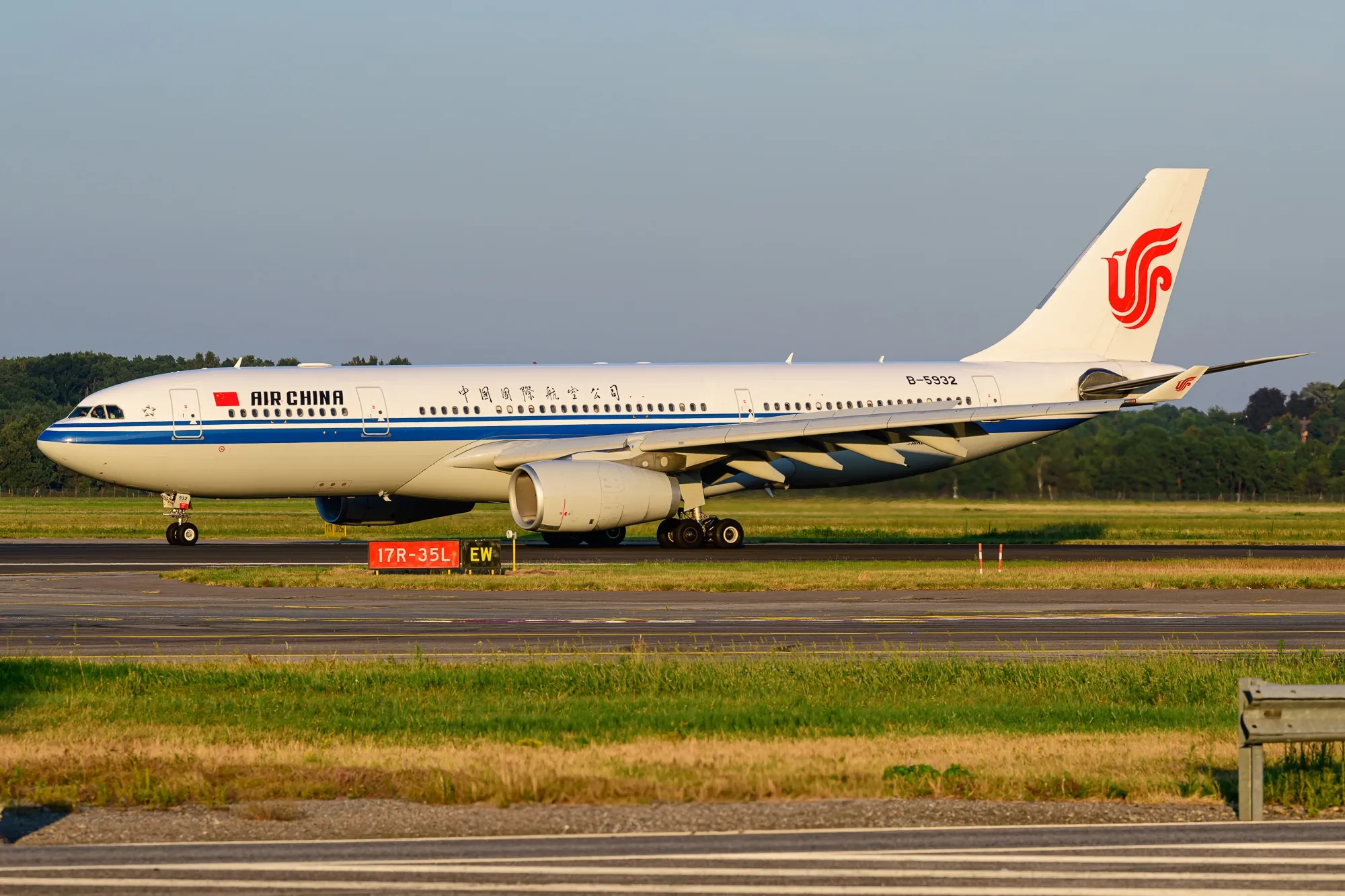
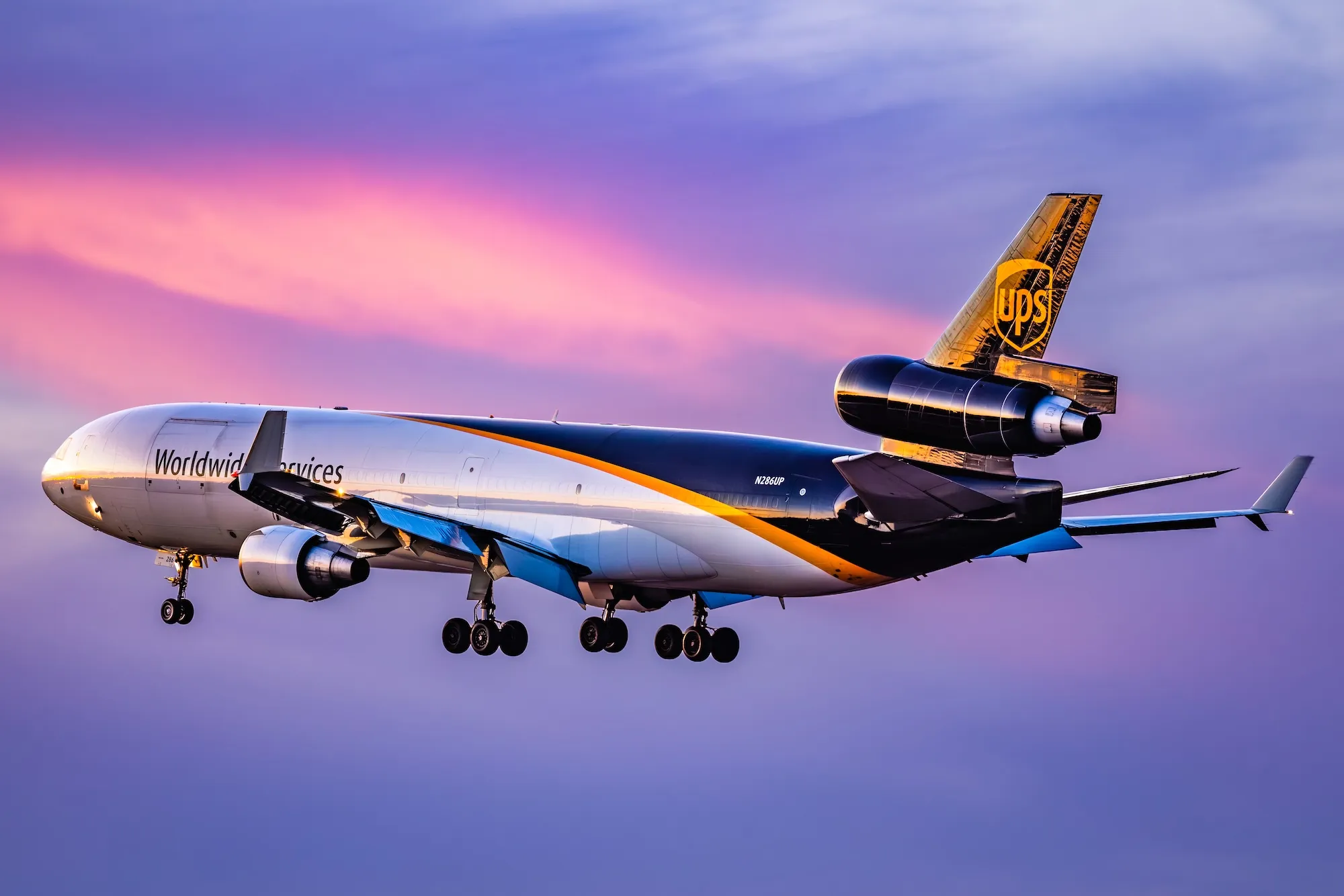
.webp)